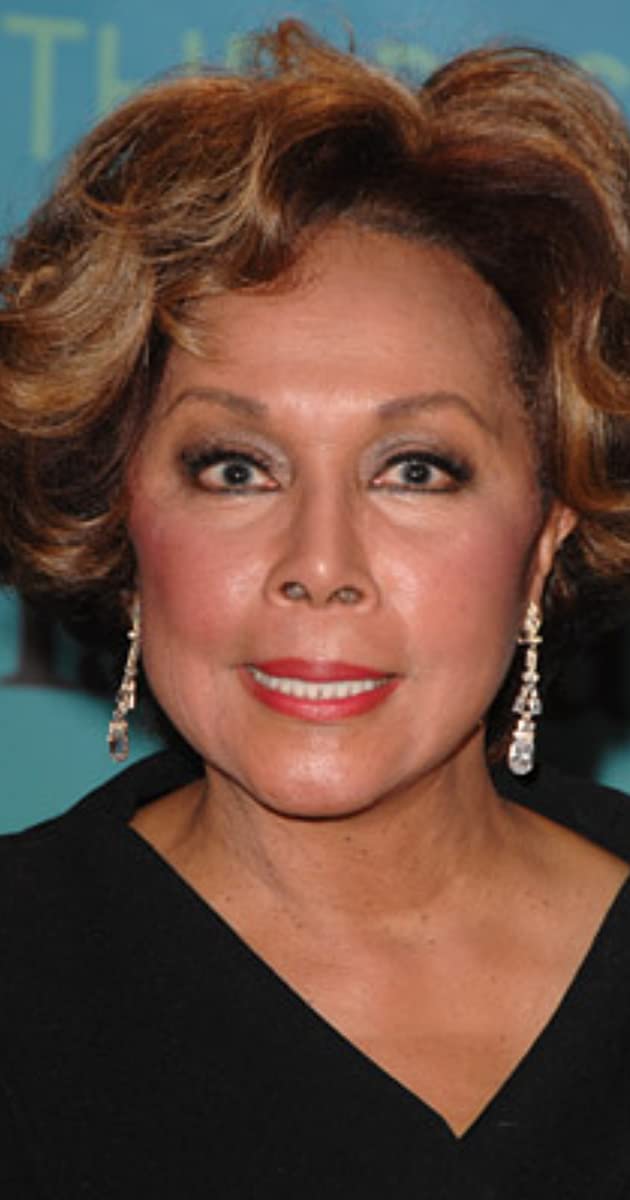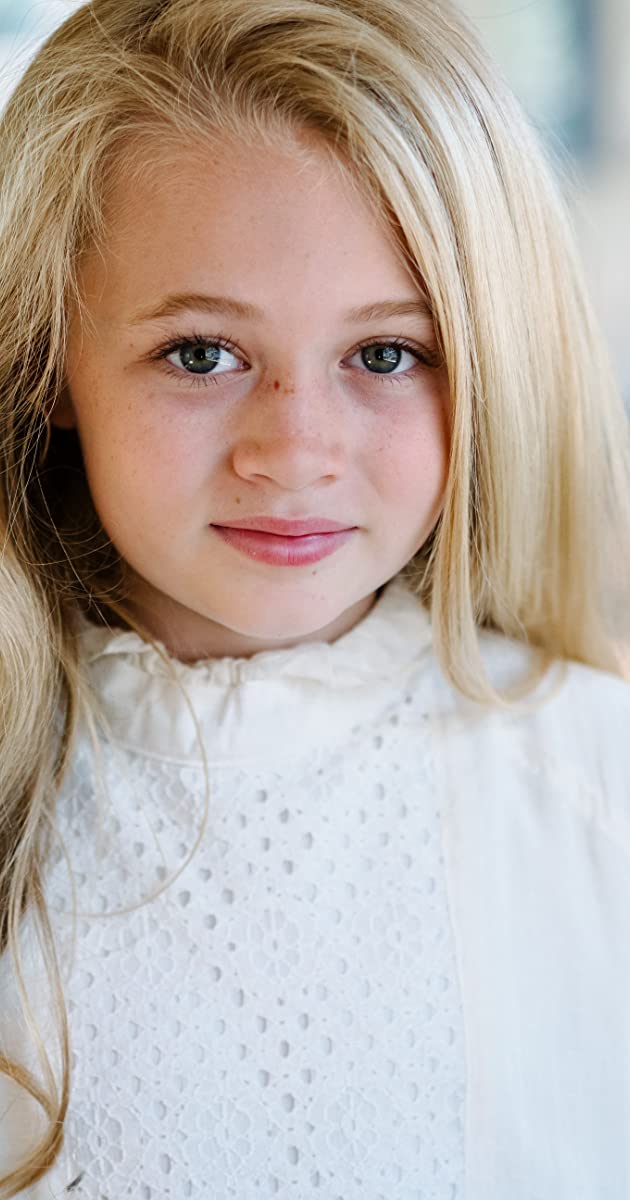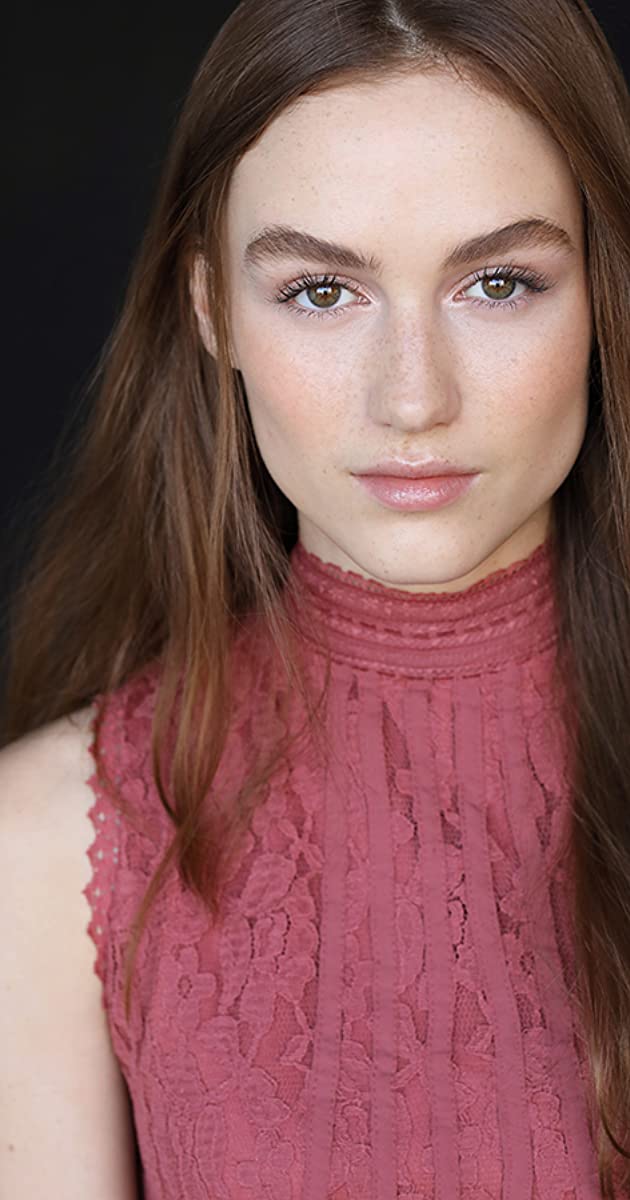
One of television’s premier African-American series stars, elegant actress, singer and recording artist Diahann Carroll was born Carol Diann (or Diahann) Johnson on July 17, 1935, in the Bronx, New York. The first child of John Johnson, a subway conductor, and Mabel Faulk Johnson, a nurse; music was an important part of her life as a child, singing at age six with her Harlem church choir. While taking voice and piano lessons, she contemplated an operatic career after becoming the 10-year-old recipient of a Metropolitan Opera scholarship for studies at New York’s High School of Music and Art. As a teenager she sought modeling work but it was her voice, in addition to her beauty, that provided the magic and the allure.
When she was 16, she teamed up with a girlfriend from school and auditioned for Arthur Godfrey’s Talent Scouts show using the more exotic sounding name of Diahann Carroll. She alone was invited to appear and won the contest. She subsequently performed on the daily radio show for three weeks. In her late teens, she began focusing on a nightclub career and it was here that she began formulating a chic, glamorous image. Another TV talent show appearance earned her a week’s engagement at the Latin Quarter.
Broadway roles for black singers were rare but at age nineteen, Diahann was cast in the Harold Arlen/Truman Capote musical “House of Flowers”. Starring the indomitable Pearl Bailey, Diahann held her own quite nicely in the ingénue role. While the show itself was poorly received, the score was heralded and Diahann managed to introduce two song standards, “A Sleepin’ Bee” and “I Never Has Seen Snow”, both later recorded by Barbra Streisand.
In 1954 she and Ms. Bailey supported a riveting Dorothy Dandridge as femme fatale Carmen Jones (1954) in an all-black, updated movie version of the Georges Bizet opera “Carmen.” Diahann later supported Ms. Dandridge again in Otto Preminger’s cinematic retelling of Porgy and Bess (1959). During this time she also grew into a singing personality on TV while visiting such late-nite hosts as Jack Paar and Steve Allen and performing.
Unable to break through into the top ranks in film (she appeared in a secondary role once again in Paris Blues (1961), a Paul Newman/Joanne Woodward vehicle), Diahann returned to Broadway. She was rewarded with a Tony Award for her exceptional performance as a fashion model in the 1962 musical “No Strings,” a bold, interracial love story that co-starred Richard Kiley. Richard Rodgers, whose first musical this was after the death of partner Oscar Hammerstein, wrote the part specifically for Diahann, which included her lovely rendition of the song standard “The Sweetest Sounds.” By this time she had already begun to record albums (“Diahann Carroll Sings Harold Arlen” (1957), “Diahann Carroll and Andre Previn” (1960), “The Fabulous Diahann Carroll” (1962). Nightclub entertaining filled up a bulk of her time during the early-to-mid 1960s, along with TV guest appearances on Carol Burnett, Judy Garland, Andy Williams, Dean Martin and Danny Kaye’s musical variety shows.
Little did Diahann know that in the late 1960s she would break a major ethnic barrier on the small screen. Though it was nearly impossible to suppress the natural glamour and sophistication of Diahann, she touchingly portrayed an ordinary nurse and widow struggling to raise a small son in the series Julia (1968). Despite other Black American actresses starring in a TV series (i.e., Hattie McDaniel in “Beulah”), Diahann became the first full-fledged African-American female “star” — top billed, in which the show centered around her lead character. The show gradually rose in ratings and Diahann won a Golden Globe award for “Best Newcomer” and an Emmy nomination. The show lasted only two seasons, at her request.
A renewed interest in film led Diahann to the dressed-down title role of Claudine (1974), as a Harlem woman raising six children on her own. She was nominated for an Oscar in 1975, but her acting career would become more and more erratic after this period. She did return, however, to the stage with productions of “Same Time, Next Year” and “Agnes of God”. While much ado was made about her return to series work as a fashionplate nemesis to Joan Collins’ ultra-vixen character on the glitzy primetime soap Dynasty (1981), it became much about nothing as the juicy pairing failed to ignite. Diahann’s character was also a part of the short-lived “Dynasty” spin-off The Colbys (1985).
Throughout the late 1980s and early 90s she toured with her fourth husband, singer Vic Damone, with occasional acting appearances to fill in the gaps. Some of her finest work came with TV-movies, notably her century-old Sadie Delany in Having Our Say: The Delany Sisters’ First 100 Years (1999) and as troubled singer Natalie Cole’s mother in Livin’ for Love: The Natalie Cole Story (2000). She also portrayed silent screen diva Norma Desmond in the musical version of “Sunset Blvd.” and toured America performing classic Broadway standards in the concert show “Almost Like Being in Love: The Lerner and Loewe Songbook.” She then had recurring roles on Grey’s Anatomy (2005) and White Collar (2009).
Diahann Carroll died on October 4, 2019, in Los Angeles, California.


